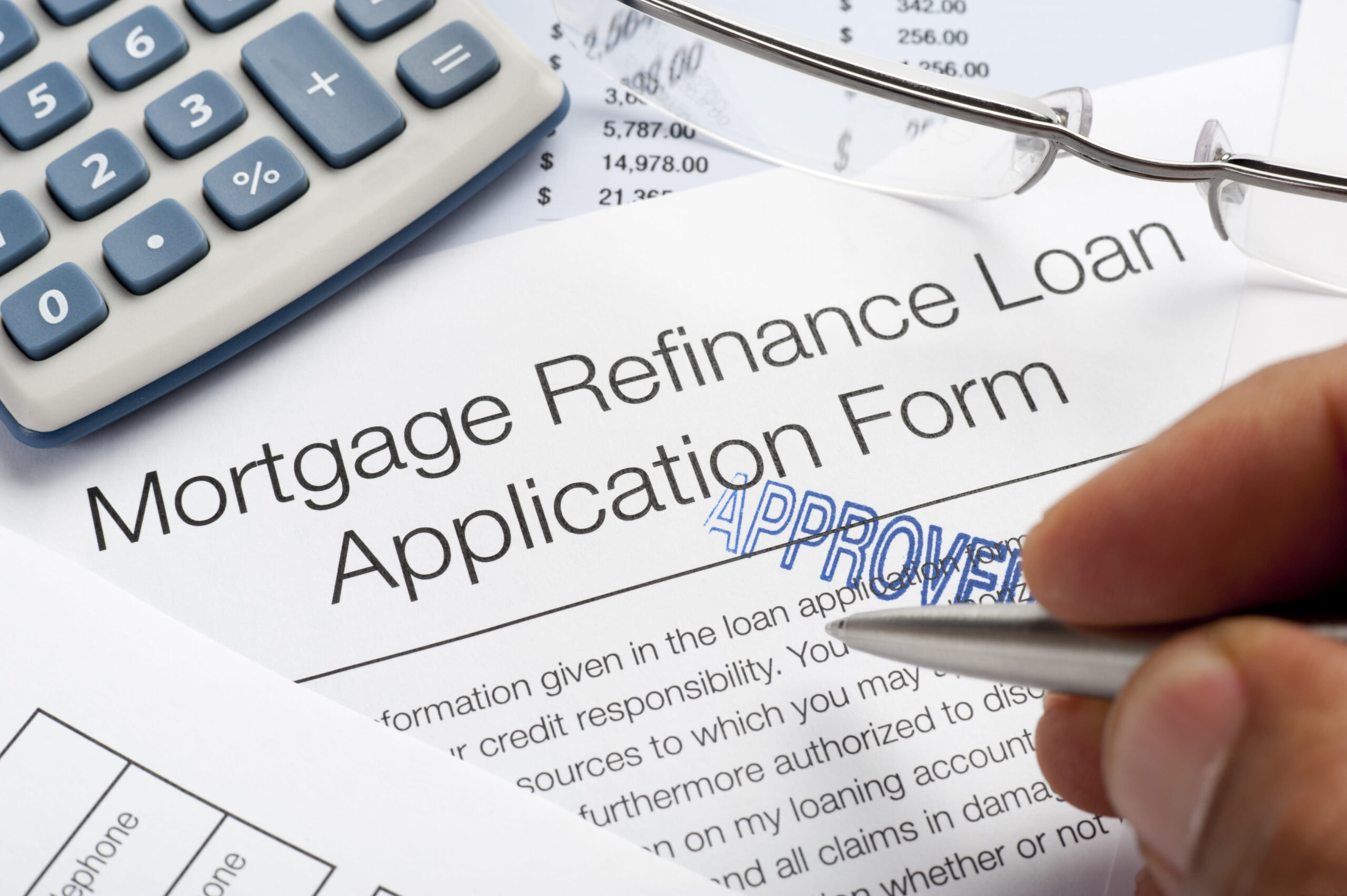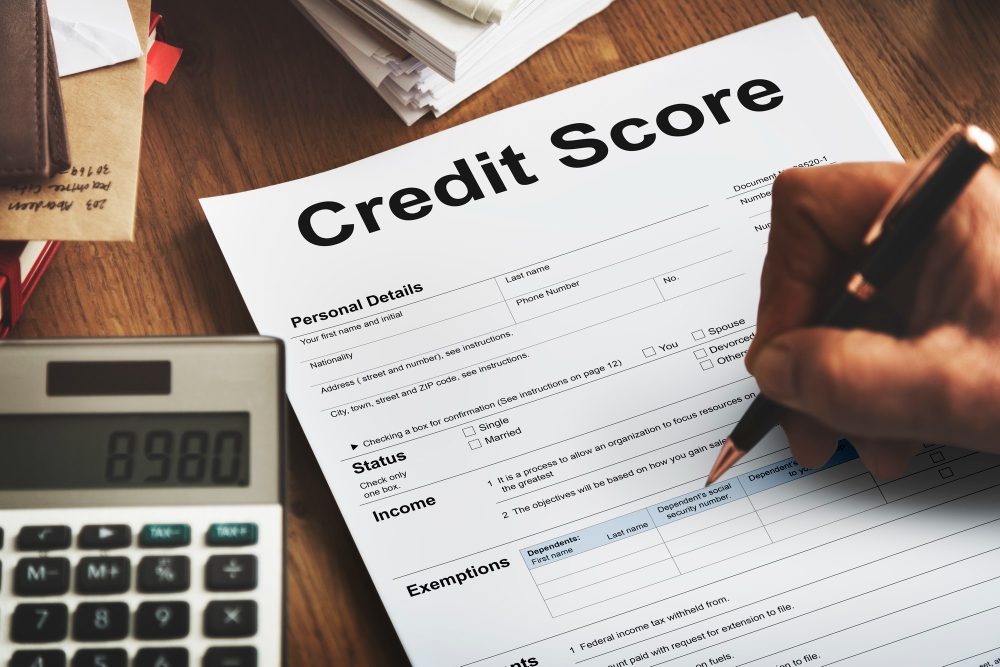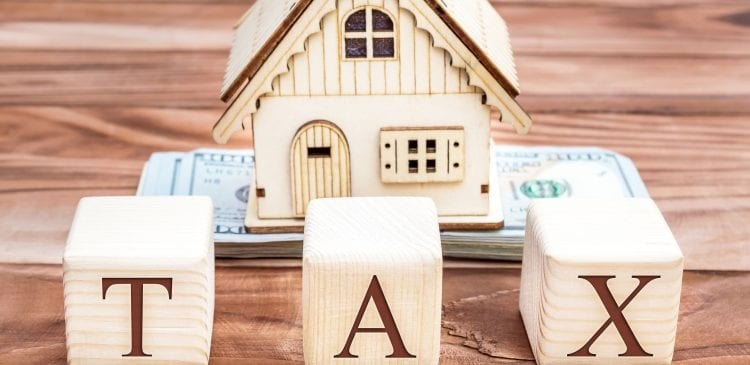Refinancing a mortgage means you take out another loan to replace your existing loan. This allows you to keep your house; however, you get a new mortgage that comes with new terms. However, if you have bad credit, you may be wondering if you can still refinance your mortgage loan. Thankfully, North East refinance mortgage bad credit is available and you just need to understand how this works to make the right decision. You have a lot of options to refinance your mortgage with bad credit and knowing how every choice works can help you decide if refinancing makes sense for you.
How a Mortgage Refinance Works
Before you learn more about refinancing a mortgage with bad credit, you must understand how refinancing works. You may want to consider refinancing to repay an existing loan and pay the new loan. Refinancing is a good option if you want to increase your monthly cash flow, change your loan terms, and eliminate mortgage insurance.
Optimizing mortgage processing outsourcing can assist individuals seeking to refinance with less-than-ideal credit. By leveraging specialized services for document verification and risk assessment, lenders can efficiently navigate complexities tied to bad credit scenarios. This strategic support streamlines the refinancing journey, offering viable options and smoother processes, despite credit challenges, fostering better financial outcomes for homeowners.
With bad credit and a low income, you may not be able to qualify for a traditional refinance option. But a bad credit refinance allows you to consolidate your debts. You must apply for refinancing the way you did with your primary home loan. After you find the right lender, make sure you meet their qualifications before you apply.
Mortgage Refinancing Options If You Have Bad Credit
The traditional way of qualifying for a mortgage refinance includes having a high credit score. But you can still refinance if you have bad credit. These include the following:
- Non-occupying co-applicant. Do you know somebody who does not live in your house who will take financial responsibility for your new loan? If so, you can apply for a mortgage refinance even if you have bad credit. This person should be aware of the risks should you decide to default on your loan. When you choose this option, the lender will take into account both parties’ income, assets, and credit scores. To make their decision, the lender takes your lowest median credit score.
- Cash-out. If what you want is to refinance your mortgage rate or term, you have the option to do so without a credit check. If you choose cash-out refinancing, ensure your credit score is at least 620.
- Private lenders. These lenders offer more flexibility to borrowers with bad credits than traditional lenders. They offer more leniency in terms of bad credit scores, debt serving ratios, down payment sources, and non-conforming income sources.













































0